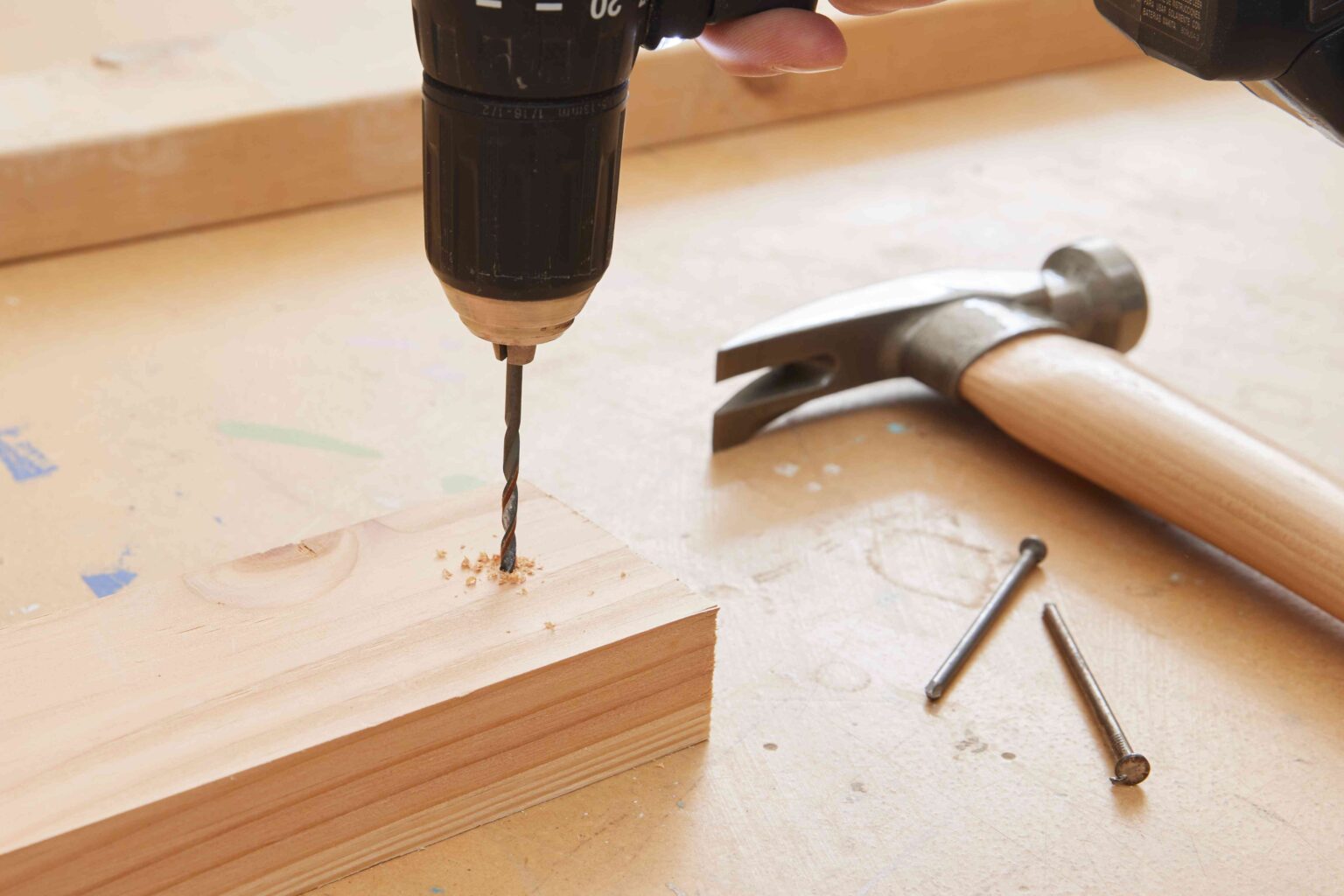Key Points
- Even experienced DIYers avoid high-risk projects where mistakes are costly or unsafe.
- Skip HVAC, plumbing, electrical, and gas line work—leave these to licensed pros.
- Foundation repairs and mold remediation can hide bigger issues best handled by experts.
Putting in a little sweat equity into your home can save you thousands, and it seems like we’re all looking to do that in this economy.
But knowing thyself is important when it comes to tackling any DIY project. Be realistic with your capabilities, and do a little risk assessment before tackling it. Are there safety concerns? Is there a good chance you will spend a ton on tools and supplies, and then even more on hiring a professional to fix your handiwork?
There are a few projects that even the most seasoned DIYers won’t touch. We asked two of them to share which ones often lead to immediate regret.
Meet the Expert
- Ryan Chastain is a computer numerical control machinist and shop supervisor by trade. One of his side projects is running a DIY and homesteading blog, Waddle and Cluck, with his wife, Lindsey Chastain.
- Nik Stophel is a DIY home renovation partner with CRAFTSMAN®. He documents DIY projects with his wife, Liv, on Instagram (@nikandliv.diy).
HVAC Installation
The Spruce / Tessa Cooper
Ryan Chastain works on shop machines by day and is an avid DIYer by night. So if there’s anything Chastain himself wouldn’t DIY around a home, we’d say the average homeowner is certainly not qualified either.
“I’m usually the guy to be willing to roll up my sleeves and tackle just about anything, but there are certain things I won’t touch,” says Chastain.
The top thing he would never even think about attempting is installing an HVAC system. Between building codes and dealing with coolant levels, he knows this project is best left to the pros with the proper knowledge and tools.
Want more home reno project tips and inspiration? Sign up for our free daily newsletter for the latest how-tos, reno guides, and more!
Big Plumbing Projects
The Spruce / Kevin Norris
On a similar note, big plumbing projects are another home improvement task that expert DIYers avoid (meaning you should too).
Nik Stophel makes his living as a DIY home renovation expert, and he always hires out major plumbing jobs in his home remodels.
“The stakes are just too high,” he says. “If slope angles or venting are wrong, you can end up with slow drains, sewer gas leaks, or code violations.”
He also adds that hidden leaks in walls can cause serious water damage before you even realize there’s a problem.
Major Foundation Repair
The Spruce / Jacob Fox
If you notice a small crack in your home’s foundation, you might be tempted to patch it up yourself. However, the magnitude of the issue can be deceiving.
“Anything that has to do with the foundation of your home should also be handled by professionals,” Chastain says. “We found out that after patching a small crack, it was actually a very large crack. We were pulling out flooring to replace it and discovered the crack just kept going.”
Mold Remediations
yavdat / Getty Images
Mold is a common issue, and there’s a good chance you’ll encounter it one day in your own home if you live in a humid area or your basement tends to retain moisture.
When it comes to DIY mold remediation, Stophel has been there, done that, and he doesn’t recommend it.
“They are extremely difficult to do correctly without purchasing the proper gear and taking an Institute of Inspection, Cleaning and Restoration Certification class,” he says. “Mold is a hazardous material and should be treated like one. The risk of spreading spores around the home with a DIY setup is too high.”
Electric and Gas Line Work
The Spruce / Kevin Norris
We’ll end with the most dangerous category of home projects that DIYers should stay away from, and that’s electrical and gas line projects.
“Any rewiring, panel upgrades, or circuit changes, I leave to the licensed electricians,” Stophel says. “There are strict codes that need to be followed to ensure the home is safe from fire hazards and electrocution, and that is something I am not willing to mess with.”
Stophel adds that he is comfortable changing out light fixtures and swapping outlets, but any change beyond that simply isn’t worth the risk.
And when it comes to something like a gas stove, brazen DIYers may be tempted to install it themselves. But Chastain says don’t even think about it. There aren’t very many signs of a gas leak, and it could create a major fire hazard.
Read the full article here
